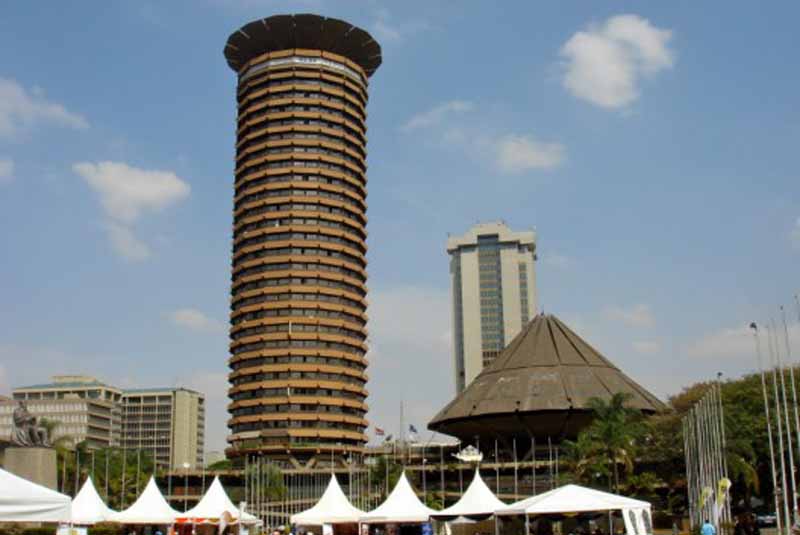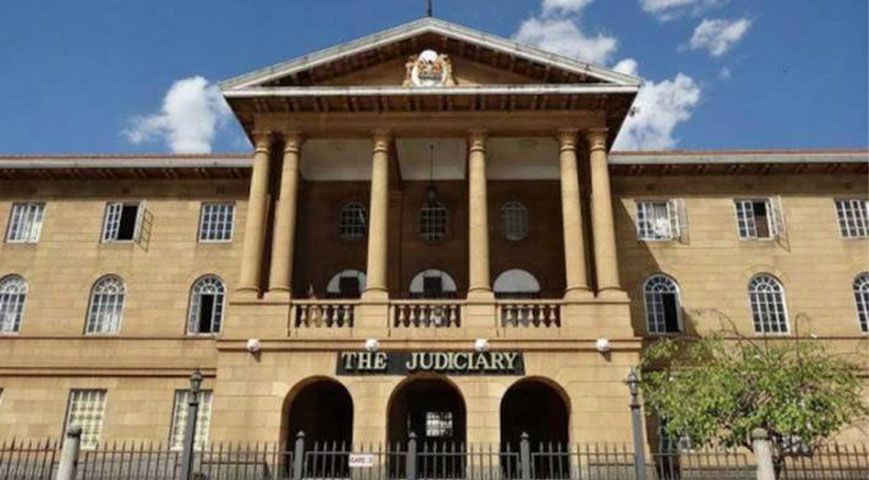The Kenya Kwanza government's plan to privatize 11 key parastatals under the Privatization Act, 2023 has been halted after the High Court ruled the Act unconstitutional.
Justice Chacha Mwita declared that the National Assembly failed to ensure adequate public participation, a requirement under Articles 10 and 118 of Kenya's Constitution.
The court found that the six memoranda submitted and limited stakeholder engagement did not meet the necessary standards of inclusive public input.
Did you read this?
The Kenyatta International Convention Centre (KICC), a national monument, was among the state entities listed for privatization.
The court also ruled that the decision to privatize KICC violated the Monument and Heritage Act, rendering the move unconstitutional.

The controversial Privatization Act, signed into law by President William Ruto, aimed to streamline the sale of public assets. It granted a Cabinet Secretary the authority to identify and initiate the sale of parastatals, with minimal parliamentary oversight.
One provision of the Act stated that if the National Assembly failed to ratify the privatization decision within 90 days, it would automatically be approved. This provision was also deemed unconstitutional.
The Orange Democratic Movement (ODM) party spearheaded the legal challenge, arguing that critical institutions like Kenya Pipeline, Kenya Seed Company, and Kenya Literature Bureau play vital roles in national security and should remain under government control.

In addition to KICC, several other important public enterprises, including the National Oil Corporation of Kenya, Kenya Vehicle Manufacturers, Rivatex East Africa, and several rice mills, have been spared from privatization.
This ruling marks a significant victory for public participation and government accountability in privatization.









